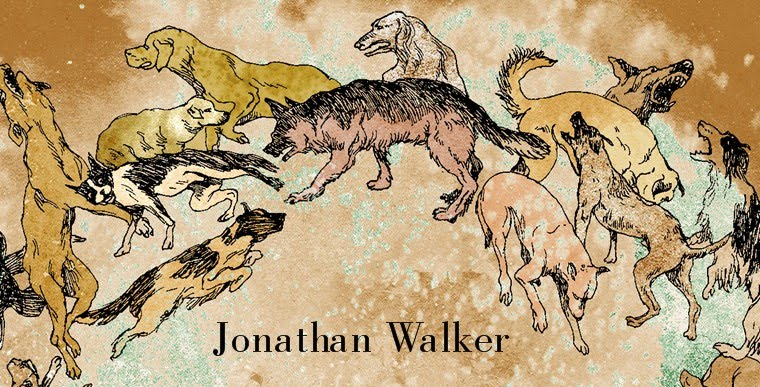The modern, secular notion of rationality assumes that decisions are taken by autonomous individuals on the basis of calculation of interest, and ‘interest’ is usually interpreted in reductive, materialist terms. A person’s goal will always be to maximise profit, while success is only possible at the expense of competitors. If you win, this means somebody else has to lose. This zero-sum version of rationality lies behind game theory. It describes a world based on the idea of free choices, but it is also deeply fatalistic. As a player, you make a choice to see the world in a certain way – that is, to accept a given set of rules – and this creates the conditions that lead to your downfall. It is the Prisoner’s Dilemma writ large.[1] Once you have divided the world into winners and losers, you know that eventually, no matter how many times you win, one day you are going to lose.
Is this how Gerolamo Vano thought? It is true that many people in seventeenth-century Venice did not make choices on this basis. Even when they tried to ‘maximise profit’, they did so in ways that did not fit the modern notion of rationality at all. For example, many Venetians prayed to the saints and used magic to achieve their goals. (It is worth pointing out here that any notion of rationality is based on specific assumptions about causation. For example, prayer is rational if you believe that God controls the universe and may intervene in it. Whether or not this prior belief is also rational is, of course, a separate question.)
My defence to the charge of anachronism on this point is that I am following Vano’s lead. It is Vano who eliminates religion. It is Vano who reduces people to isolated individuals, rendered vulnerable by their failure to understand the real, hidden motivations of others. It is Vano who suppresses any hint of a moral critique or a broader political theory.
[1] The ‘Prisoner’s Dilemma’ describes a situation typical in game theory, of which there are numerous variants. In its classic form, two prisoners involved in the same crime are awaiting trial. They are isolated and unable to communicate with each other. There is not enough evidence to convict either of them without a confession. If neither man co-operates, both will be released. If one man co-operates, then he will be pardoned in exchange for the conviction of the other. If both men co-operate, then both will be convicted, but they will receive reduced sentences. Hence the Prisoner’s Dilemma is: Should he co-operate? His calculation of the risks involved in not doing so depends on how much he trusts his associate.
Moon doodle.
6 years ago





No comments:
Post a Comment